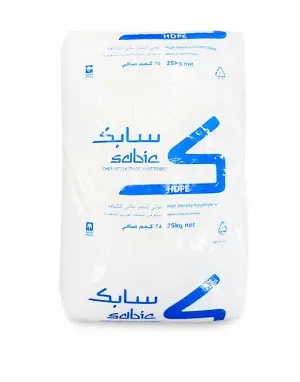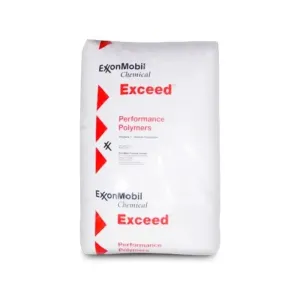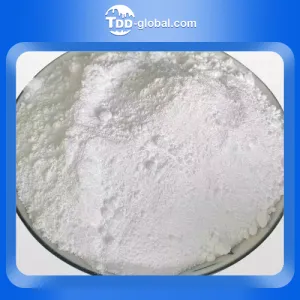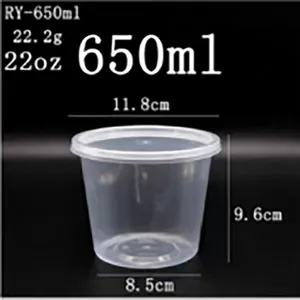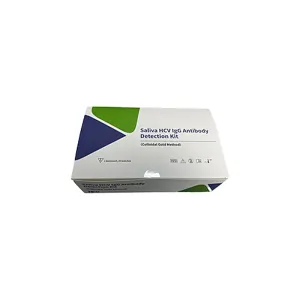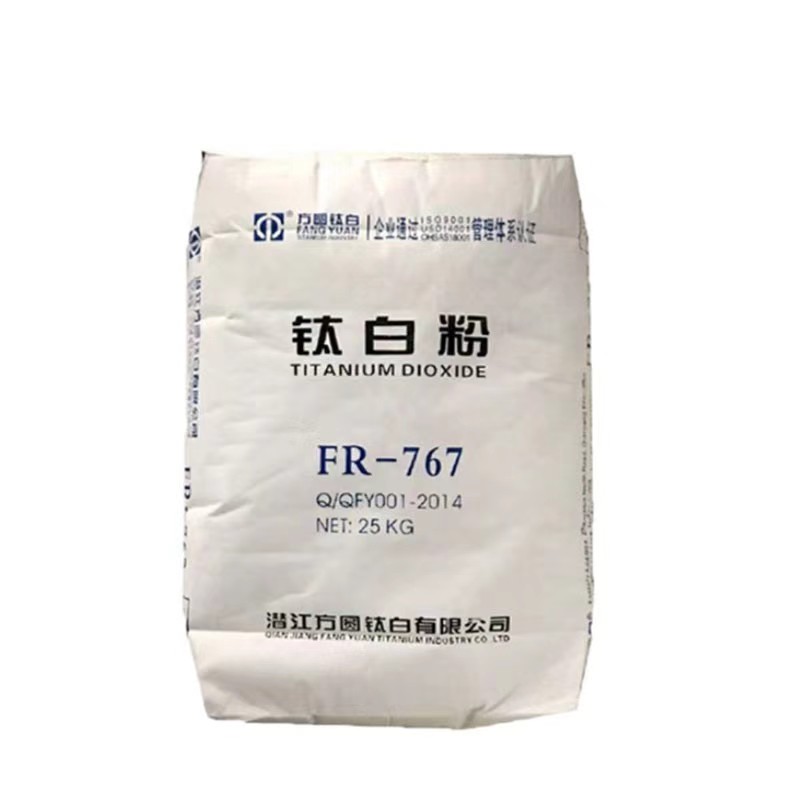Supported by multiple positive factors recently, China's gasoline prices have gradually increased
After entering the third quarter, as international oil prices rose, China's gasoline prices gradually rose. As of August 7, China's 92 #gasoline price index was 9232.15, an increase of 443.10 from the beginning of July; China's 95 #gasoline price index was 9545.35, an increase of 445.33 from the beginning of July. Both the 92 #gasoline index and the 95 #gasoline index were raised, and the price difference between the 92 #gasoline index and the 95 #gasoline index was 313.20.

In terms of cost: international crude oil began to fluctuate and rise in mid-June and continues to this day. In July, Saudi Arabia's daily crude oil output decreased by 860,000 barrels, and OPEC+ crude oil daily output was 27.34 million barrels, the lowest level in nearly four years; Russian maritime shipments fell overnight to a half-year low, and crude oil supply continued to show a tight situation. The recent OPEC+ meeting did not make further production cuts but supported the decision of Saudi Arabia and Russia to extend production cuts again until September. In addition, the United States is still in the peak season for traditional fuel demand in summer, and whether the end will come early requires more attention. As of last Friday, WTI crude oil closed at US$82.82/barrel, up US$13.03/barrel from the beginning of July. Brent crude oil closed at US$86.24/barrel, up US$11.59/barrel from early July.

In terms of supply: Recently, the operating rate of the main units has fluctuated and increased, the number of refineries overhauls has been relatively small, and the main comprehensive refining profit has increased to 997.41 yuan/ton for one consecutive month; in August, only Daqing Refining and Lanzhou Petrochemical were overhauled, and Lanzhou Petrochemical is expected to complete the maintenance before mid-year, resulting in less loss of production capacity involved in maintenance. Independent refineries started construction in July, first improved and then fluctuated. In August, Lijin Refining and Chemical, Liaoning Baolai and Qicheng Petrochemical had maintenance plans, and Fengqiao Petrochemical, Wudi Xinyue and Dalian Jinyuan started construction one after another. Overall, there is still room for improvement in the operating load of Chinese refineries, and the supply of spot gasoline resources is relatively abundant.

In terms of exports: foreign gasoline demand is good, and gasoline prices in Singapore have increased a lot. China's gasoline export arbitrage window began to open in mid-to-late June. As of last Friday, the profit from China's gasoline exports to Singapore was 183 yuan/ton (South China Port for example); in July, the average monthly gasoline export arbitrage was 668 yuan/ton, a month-on-month increase of 360 yuan/ton (East China Liquidation Price Benchmark). Export arbitrage is opening up and expanding, and export entities are more enthusiastic about exporting. In addition, the completion rate of the two batches of export quotas in the first half of the year was 72.43%. If the third export quota quantity is issued as scheduled in August, it will not rule out the possibility of exporting entities increasing their exports.
In addition, China's summer fuel consumption demand for vehicle air conditioners is better combined with summer travel data, and China's gasoline demand is relatively stable. As the "Golden September and Silver 10" stage approaches, the overall trading atmosphere in the market is fully exaggerated and there is a need for stocking. Judging from the price adjustment mechanism of refined oil products, it is clear that the retail price limit of refined oil products will increase for four consecutive years, and the news will guide the situation in the positive direction. In addition, the main units and local refineries have a strong mentality of supporting prices recently. To sum up, China's gasoline market may still increase.




